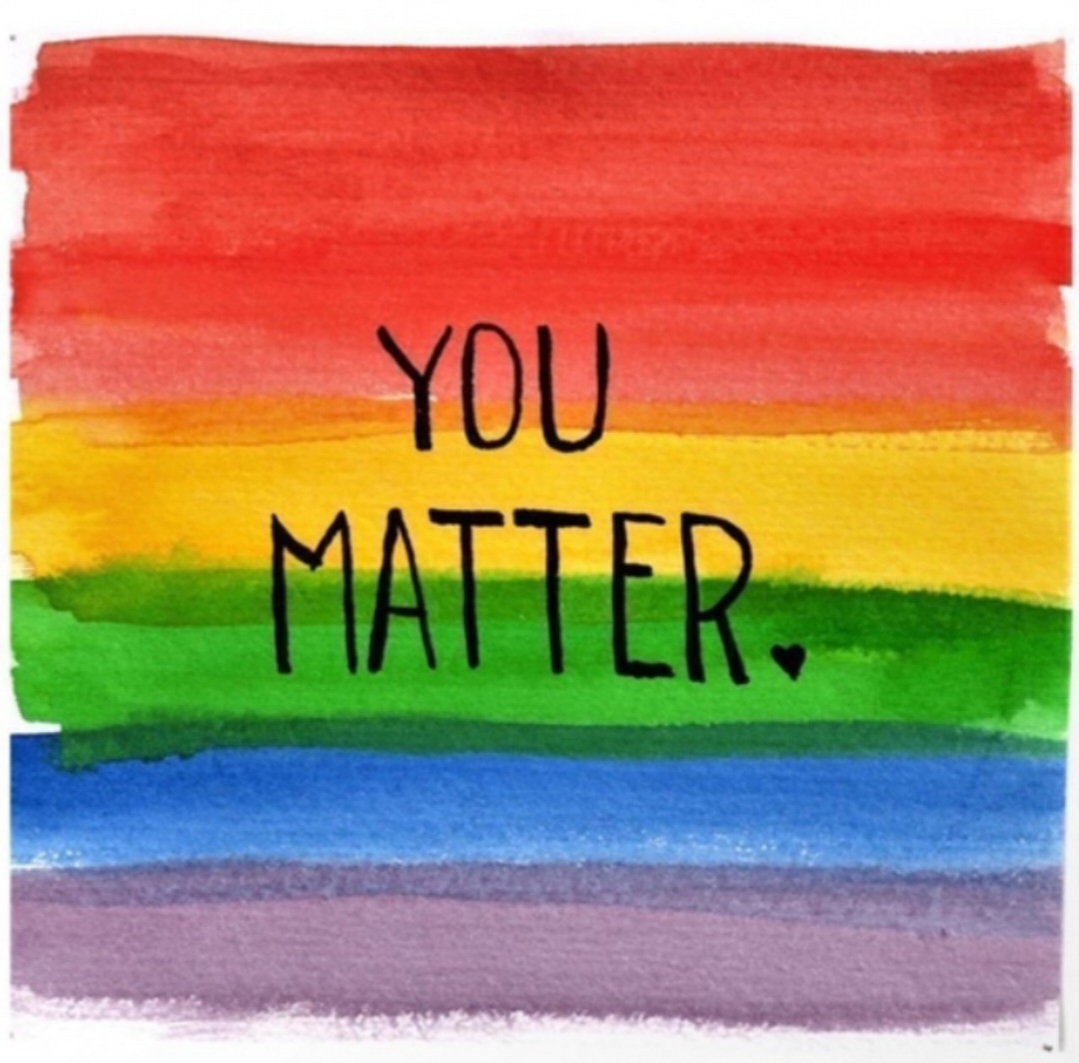2
40
5
42
8
34
Graham Linehan ‘relentlessly’ posted abuse about trans teenager, court told
(www.theguardian.com)
9
25
House HHS Appropriations Bill Would Devastate Trans Adult Healthcare Nationwide
(www.erininthemorning.com)
11
41
13
34
20
22
24
84
25
64
UK’s first transgender judge seeks rehearing of supreme court case on biological sex
(www.theguardian.com)
view more: next ›
LGBTQ+
6974 readers
21 users here now
All forms of queer news and culture. Nonsectarian and non-exclusionary.
See also this community's sister subs Feminism, Neurodivergence, Disability, and POC
Beehaw currently maintains an LGBTQ+ resource wiki, which is up to date as of July 10, 2023.
This community's icon was made by Aaron Schneider, under the CC-BY-NC-SA 4.0 license.
founded 3 years ago
MODERATORS


